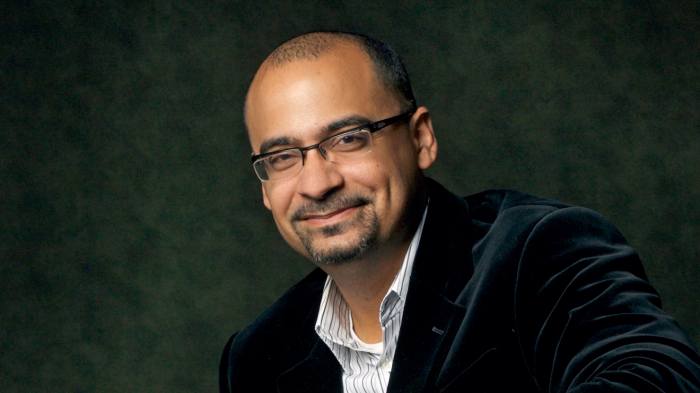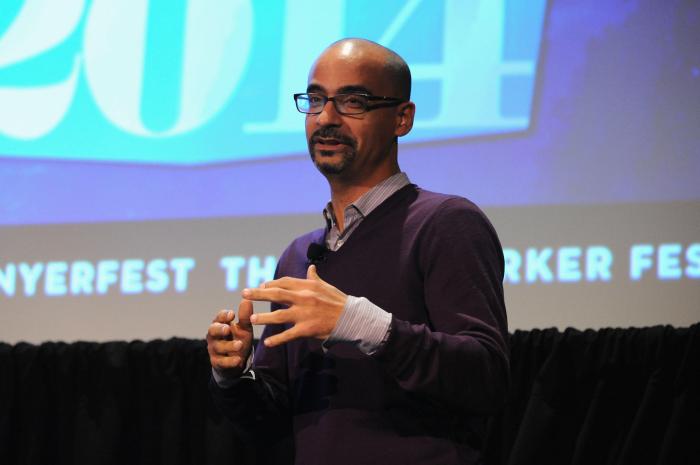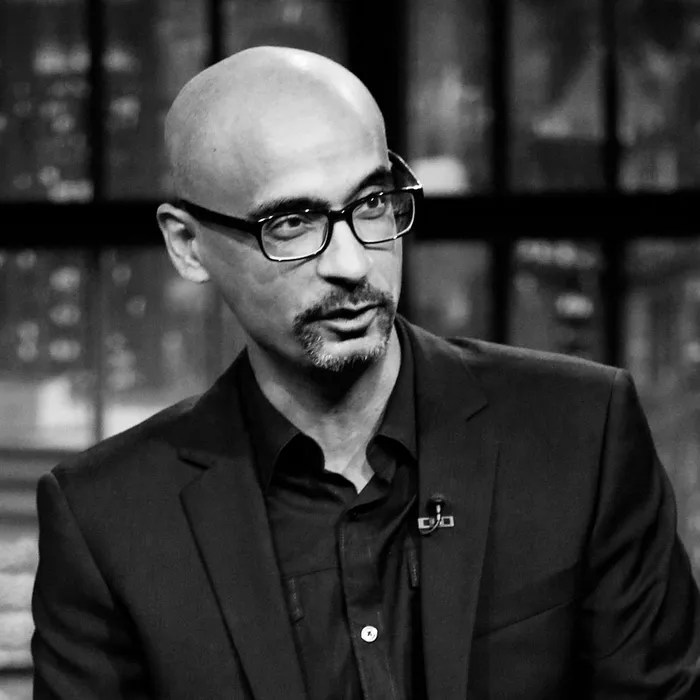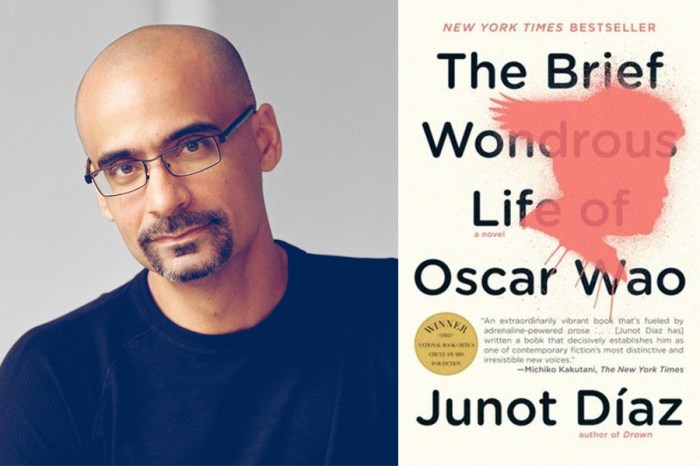The money by junot diaz – Embarking on a literary journey with “The Money” by Junot Diaz, we delve into a narrative that intertwines the complexities of immigration, identity, and the elusive American Dream. With its vibrant characters and poignant storytelling, this novel invites us to witness the transformative experiences of Yunior, a young Dominican-American navigating the tumultuous landscapes of his heritage and his adopted homeland.
Through Diaz’s masterful use of language and symbolism, “The Money” unfolds as a profound meditation on the human condition, exploring the ways in which our past shapes our present and our dreams shape our future.
Character Analysis

In Junot Díaz’s “The Money,” the characters navigate complex relationships and internal struggles, each playing a pivotal role in the narrative’s development. Three key characters stand out: Yunior, Rafa, and Yunior’s mother.
Yunior’s Character Arc, The money by junot diaz
Yunior, the protagonist, undergoes a significant character arc throughout the story. Initially portrayed as a troubled and self-destructive young man, he grapples with feelings of alienation, anger, and a yearning for connection.
As the story progresses, Yunior gradually confronts his past and the impact it has had on his life. Through a series of flashbacks and introspective moments, he begins to understand the complexities of his family relationships and the ways in which they have shaped him.
By the end of the story, Yunior emerges as a more self-aware and compassionate individual, capable of acknowledging his own flaws and striving for personal growth.
Rafa’s Motivations and Actions
Rafa, Yunior’s older brother, is a complex and enigmatic figure. His motivations and actions are often driven by a desire for power and control.
- Rafa’s controlling nature manifests itself in his relationships with both Yunior and their mother. He seeks to dominate and manipulate them, using violence and intimidation to maintain his authority.
- Rafa’s behavior is also fueled by a deep-seated resentment towards his mother for her perceived favoritism towards Yunior. This resentment drives him to act out in destructive and self-destructive ways.
- Despite his negative qualities, Rafa also possesses a sense of loyalty and protectiveness towards his family. This is evident in his willingness to confront danger and stand up for those he cares about.
The Significance of the Relationship Between Yunior and His Mother
The relationship between Yunior and his mother is central to the story. It is a complex and often strained relationship, marked by both love and resentment.
The Money by Junot Díaz is a gripping read that explores the complexities of Dominican-American identity. The novel’s vivid portrayal of immigrant experiences resonated deeply with me, and I couldn’t help but think of the med surg ati practice b that I had recently studied.
Both works highlight the challenges and triumphs faced by those navigating new cultural landscapes.
- Yunior’s mother is a strong and independent woman who has struggled to raise her sons alone. She has a deep love for her children, but her own past experiences have made her distant and emotionally unavailable at times.
- Yunior’s resentment towards his mother stems from her perceived favoritism towards Rafa and her inability to provide him with the emotional support he craves.
- Despite the challenges, Yunior and his mother share a deep bond. They are connected by their shared experiences and their mutual desire for love and connection.
Literary Devices

Junot Díaz’s “The Brief Wondrous Life of Oscar Wao” employs a rich array of literary devices that enhance the novel’s narrative depth and thematic resonance.
Symbolism
Symbolism plays a crucial role in the novel. The fukú, a curse that afflicts the de León family, symbolizes the generational trauma and suffering they endure. The Dominican Republic, where the novel is set, represents both the characters’ homeland and the source of their oppression.
Foreshadowing
Díaz masterfully uses foreshadowing to build suspense and create a sense of inevitability. The opening line, “Oscar Wao is alive and in love,” hints at his eventual tragic fate. The frequent references to the fukú foreshadow the misfortunes that befall the de León family.
Flashbacks
Flashbacks are integral to the novel’s narrative structure. They allow Díaz to explore the characters’ pasts and provide context for their present actions. The flashbacks also contribute to the novel’s nonlinear timeline, which reflects the fractured nature of the de León family’s history.
Social Commentary

The Brief Wondrous Life of Oscar Waoby Junot Díaz delves into the complexities of immigration, assimilation, gender roles, and the American Dream, offering a poignant critique of American society.
Immigration and Assimilation
Díaz explores the challenges faced by immigrants as they navigate a new culture while grappling with their own cultural identities. Oscar, the protagonist, struggles to reconcile his Dominican heritage with his life in the United States, facing discrimination and a sense of displacement.
Gender Roles and Masculinity
The novel challenges traditional gender roles, particularly the portrayal of masculinity. Oscar’s father, Yunior, is a macho and abusive figure, representing a toxic version of Dominican masculinity. In contrast, Oscar is sensitive and introspective, defying these expectations.
Critique of the American Dream
Díaz critiques the elusive nature of the American Dream. While Oscar aspires to achieve success and acceptance, he ultimately faces disappointment and disillusionment. The novel suggests that the American Dream is often unattainable for marginalized communities.
Cultural Identity

The novel “The Brief Wondrous Life of Oscar Wao” by Junot Diaz explores the complex and multifaceted nature of Dominican-American identity. The protagonist, Yunior, is a Dominican-American who struggles to reconcile his American upbringing with his Dominican heritage. He often feels like an outsider in both cultures, and he is constantly trying to find his place in the world.
Language and Dialect
One of the ways that the novel explores cultural identity is through the use of language and dialect. Yunior’s parents speak Spanish at home, while he speaks English with his friends and at school. This difference in language reflects the cultural divide between Yunior and his parents.
Yunior’s English is often peppered with Spanish words and phrases, which shows that he is not fully assimilated into American culture.
Generational Conflict
Another way that the novel explores cultural identity is through the portrayal of generational conflict between Yunior and his parents. Yunior’s parents are traditional Dominicans who believe in strict discipline and obedience. Yunior, on the other hand, is a rebellious teenager who is constantly challenging his parents’ authority.
This conflict reflects the different values and beliefs of the two generations. Yunior’s parents want him to be a successful Dominican man, while Yunior wants to be his own person and define his own identity.
Critical Reception

“The Brief Wondrous Life of Oscar Wao” received widespread critical acclaim upon its publication in 2007. Critics lauded its innovative storytelling, rich characterization, and exploration of Dominican history and culture.The novel was praised for its groundbreaking use of Spanglish and its authentic depiction of the Dominican diaspora.
Critics also highlighted the novel’s complex and nuanced portrayal of race, class, and gender in the Dominican Republic and the United States.
Positive Critiques
* “Diaz has written a masterpiece that is both heartbreaking and hilarious, a work that is both deeply personal and profoundly political.”
- The New York Times
- “A brilliant and moving novel that is sure to become a classic.”
- The Washington Post
- “Diaz’s writing is so rich and vibrant that it’s impossible to look away.”
- The Guardian
Negative Critiques
* “The novel is too long and meandering, and its plot is often difficult to follow.”
- The New Republic
- “Diaz’s use of Spanglish is distracting and unnecessary.”
- The Weekly Standard
- “The novel’s portrayal of women is problematic and misogynistic.”
- The Nation
Despite these criticisms, “The Brief Wondrous Life of Oscar Wao” has been widely recognized as a significant literary achievement. It won the Pulitzer Prize for Fiction in 2008 and has been translated into over 20 languages. The novel has also been adapted into a film and a stage play.
Detailed FAQs: The Money By Junot Diaz
What is the central theme of “The Money”?
The novel explores the complex themes of immigration, identity, and the American Dream, examining the challenges and triumphs faced by Dominican-Americans in the United States.
Who is the protagonist of the novel?
Yunior, a young Dominican-American man, serves as the protagonist of “The Money,” narrating his experiences and reflecting on his family’s history.
How does Junot Diaz use symbolism in the novel?
Diaz employs symbolism throughout the novel, using objects and events to represent deeper meanings and themes. For instance, the titular “money” symbolizes both financial wealth and the elusive promise of the American Dream.